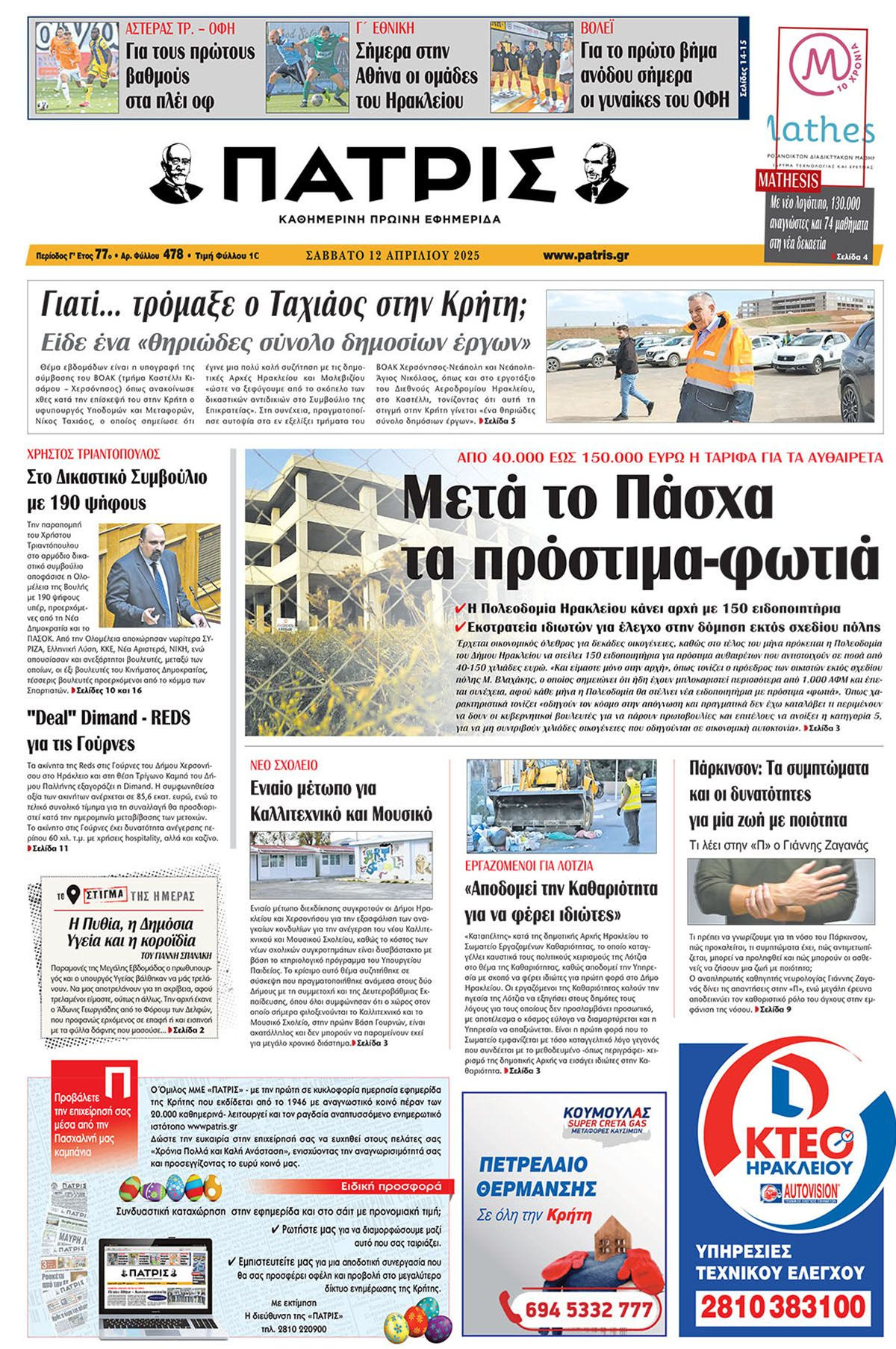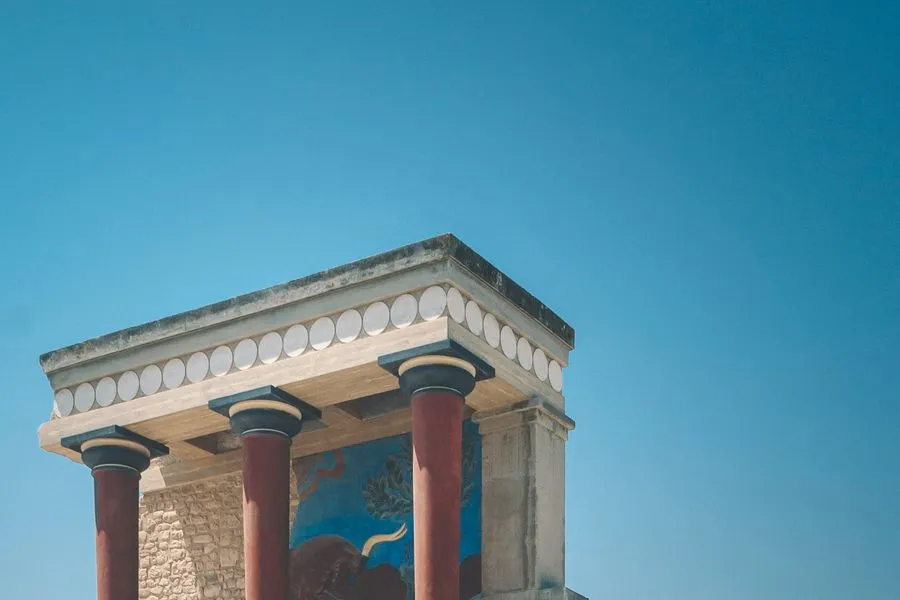A programmatic agreement has been signed for the development of security studies for six major archaeological sites: Knossos, Mycenae, Epidaurus, Ancient Olympia, Delphi, and Lindos. The agreement was formalized between the Minister of Culture, Lina Mendoni, and the President of the Board of Directors of the Center for Security Studies (KEMEA)—a legal entity supervised by the Minister of Citizen Protection, Michalis Chrysochoidis—Eleni Syrmali.
According to the Ministry of Culture, the project aims to enhance security measures and further assess potential risks at cultural heritage sites. This includes redefining security strategies based on new data and technological advancements, upgrading existing equipment where necessary, and training Ministry of Culture personnel—scientific, technical, and security staff—to ensure the safety of both visitors and employees.
“Challenges and Threats Stemming from a Wider Unstable Geopolitical Environment”
Following the agreement’s signing, Minister of Culture Lina Mendoni stated:
“Protecting our country’s invaluable cultural heritage, which is not a renewable resource, goes beyond the Ministry of Culture’s longstanding commitment to preservation, restoration, and promotion. Safeguarding cultural heritage requires proactive measures against modern challenges and threats that arise from an increasingly unstable geopolitical landscape. Our archaeological sites, especially those on UNESCO’s World Heritage List, attract hundreds of thousands of visitors annually. These visitors must feel completely safe and enjoy a unique experience. The same applies to the employees of the Ministry of Culture.
Through this agreement, we are expanding our collaboration with the Center for Security Studies, an institution with recognized expertise in security research, and advancing risk assessment based on current realities. The studies conducted under this agreement will reinforce public confidence in the security of these sites, improving the overall quality of services provided and strengthening Greece’s international cultural presence.”
Minister of Citizen Protection Michalis Chrysochoidis added:
“Enhancing security measures and reassessing the various risks facing our cultural heritage sites is a key responsibility of our Ministry. Ensuring safety remains our priority, and KEMEA plays a crucial role in this effort. We are committed to securing the thousands of visitors and employees at these sites. This partnership between KEMEA and the Ministry of Culture is essential in developing a new, modern security plan that meets today’s demands.”
KEMEA, operating under the Ministry of Citizen Protection, serves as a scientific, research, and advisory body. Its purpose is to conduct theoretical and applied research, particularly at a strategic level, on security policy issues, as well as to provide expert consultancy and advisory services on security matters in general.


